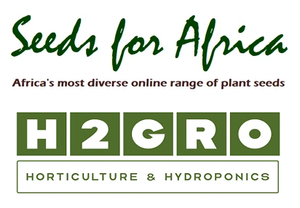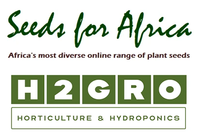

|
The Jerusalem artichoke also called sunroot, sunchoke, earth apple or topinambour, is a species of sunflower native to eastern North America, and found from eastern Canada and Maine west to North Dakota, and south to northern Florida and Texas. It is also cultivated widely across the temperate zone for its tuber, which is used as a root vegetable. Helianthus tuberosus is a herbaceous perennial plant growing to 1.5–3 m tall with opposite leaves on the upper part of the stem but alternate below. The leaves have a rough, hairy texture. Larger leaves on the lower stem are broad ovoid-acute and can be up to 30 cm long. Leaves higher on the stem are smaller and narrower. The flowers are yellow and produced in capitate flowerheads, which are 5–10 cm in diameter. The tubers are elongated and uneven, typically 7.5–10 cm long and 3–5 cm thick, and vaguely resembling ginger root in appearance, with a crisp texture when raw. They vary in colour from pale brown to white, red, or purple. Native Americans before the arrival of the Europeans cultivated Helianthus tuberosus as a food source. The tribes who first grew it traded it to other tribes in other regions. The tubers persist for years after being planted, so that the species expanded its range from central North America to the eastern and western regions. Early European colonists learned of this, and sent tubers back to Europe, where it became a popular crop and naturalized there. It later gradually fell into obscurity in North America, but attempts to market it commercially have been successful in recent decades. The artichoke contains about 10% protein, no oil, and a surprising lack of starch. However, it is rich in the carbohydrate inulin (76%), which is a polymer of the monosaccharide fructose. Tubers stored for any length of time will convert their inulin into its component fructose. Jerusalem artichokes have an underlying sweet taste because of the fructose, which is about one and a half times sweeter than sucrose. Jerusalem artichokes have also been promoted as a healthy choice for type 2 diabetics, because fructose is better tolerated by people who are type 2 diabetic. It has also been reported as a folk remedy for diabetes.Temperature variances have been shown to affect the amount of inulin the Jerusalem artichoke can produce. When not in tropical regions, it has been shown to make less inulin than when it is in a warmer region. Plants are dormant over winter. For sale is one (1) Jerusalem Artichoke tuber between 1.5cm and 6cm long. |
This service is available for paid orders and collection terms and conditions can be seen at the below link.
From our award winning customer care to growing sheet downloads for all items stocked, we are with you on your exciting growing journey!
Just looking for Horticultural & Hydroponic Products? Shop now at H2GRO for a massive range of products in-stock and ready to ship!

